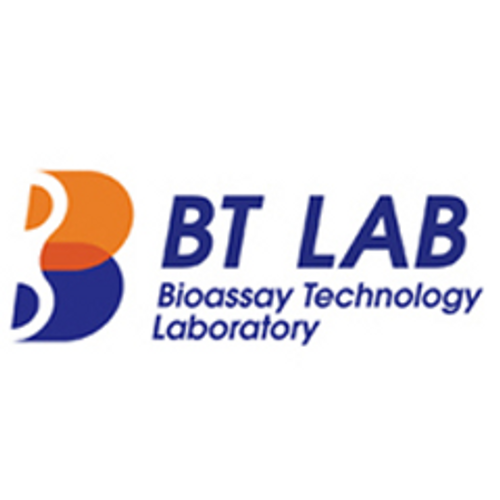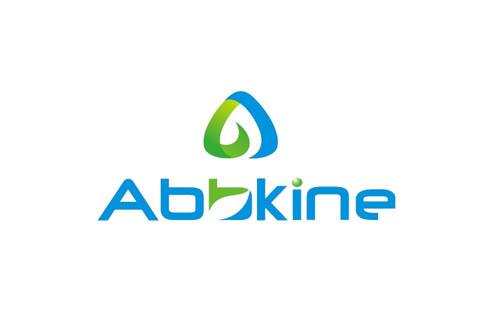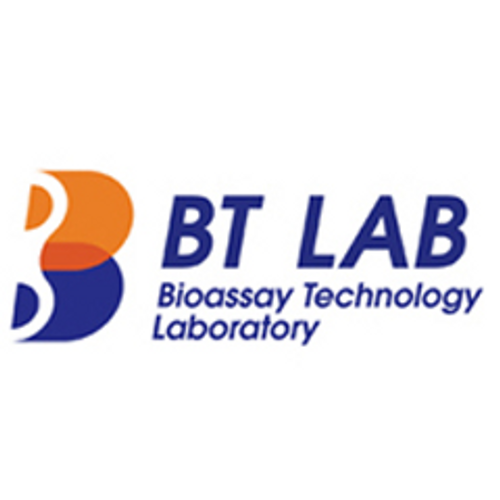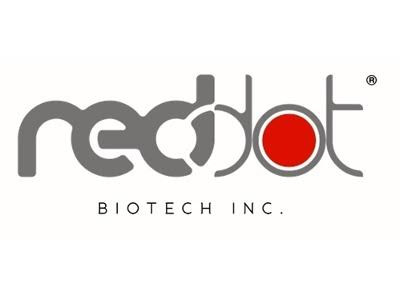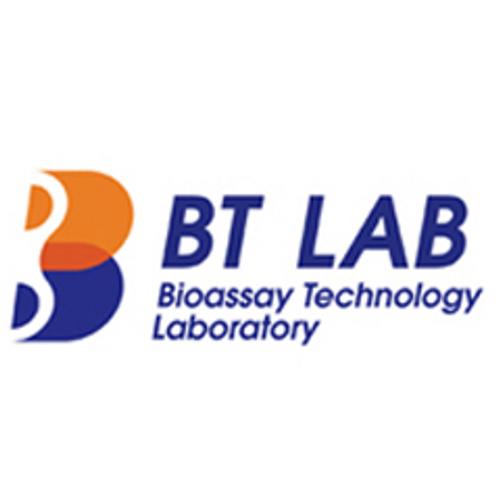Product Description
Human Vitamin K1 (VK1) ELISA Kit | AE11652HU | Abebio
Species Reactivity: Human (Homo sapiens)
Abbreviation: VK1
Alternative Name: Phylloquinone; Phytonadione; Phytomenadione
Application: ELISA
Range: 123.5-10000 pg/mL
Sensitivity: 49.3 pg/mL
Intra-Assay: ≤4.2%
Inter-Assay: ≤7.8%
Recovery: 1, 06
Sample Type: Serum, Plasma, Other biological fluids
Detection Method: Sandwich
Analysis Method : Quantitive
Test Principale: This assay employs a two-site sandwich ELISA to quantitate VK1 in samples. An antibody specific for VK1 has been pre-coated onto a microplate. Standards and samples are pipetted into the wells and anyVK1 present is bound by the immobilized antibody. After removing any unbound substances, a biotin-conjugated antibody specific for VK1 is added to the wells. After washing, Streptavidin conjugated Horseradish Peroxidase (HRP) is added to the wells. Following a wash to remove any unbound avidin-enzyme reagent, a substrate solution is added to the wells and color develops in proportion to the amount of VK1 bound in the initial step. The color development is stopped and the intensity of the color is measured.
Product Overview: Phylloquinone is a polycyclic aromatic ketone, based on 2-methyl-1, 4-naphthoquinone, with a 3-phytyl substituent.It is a fat-soluble vitamin that is stable to air and moisture but decomposes in sunlight. It is found naturally in a wide variety of green plants.It is often called vitamin K1 or phytonadione. Sometimes a distinction is made with phylloquinone considered natural and phytonadione considered synthetic. A stereoisomer of phylloquinone is called vitamin k1 .Its best known mechanism of action is as a cofactor in the formation of coagulation factors II (prothrombin), VII, IX and X by the liver. Vitamin K1 is commonly used to treat warfarin toxicity, and an antidote for coumatetralyl. It is also required for the formation of anticoagulant factors protein C and S. Vitamin K is also required bone protein formation.
Stability: The stability of ELISA kit is determined by the loss rate of activity. The loss rate of this kit is less than 5% within the expiration date under appropriate storage condition. The loss rate was determined by accelerated thermal degradation test. Keep the kit at 37°C for 4 and 7 days, and compare O.D.values of the kit kept at 37°C with that of at recommended temperature. (referring from China Biological Products Standard, which was calculated by the Arrhenius equation. For ELISA kit, 4 days storage at 37°C can be considered as 6 months at 2 - 8°C, which means 7 days at 37°C equaling 12 months at 2 - 8°C) .
 Euro
Euro
 USD
USD
 British Pound
British Pound
 NULL
NULL




